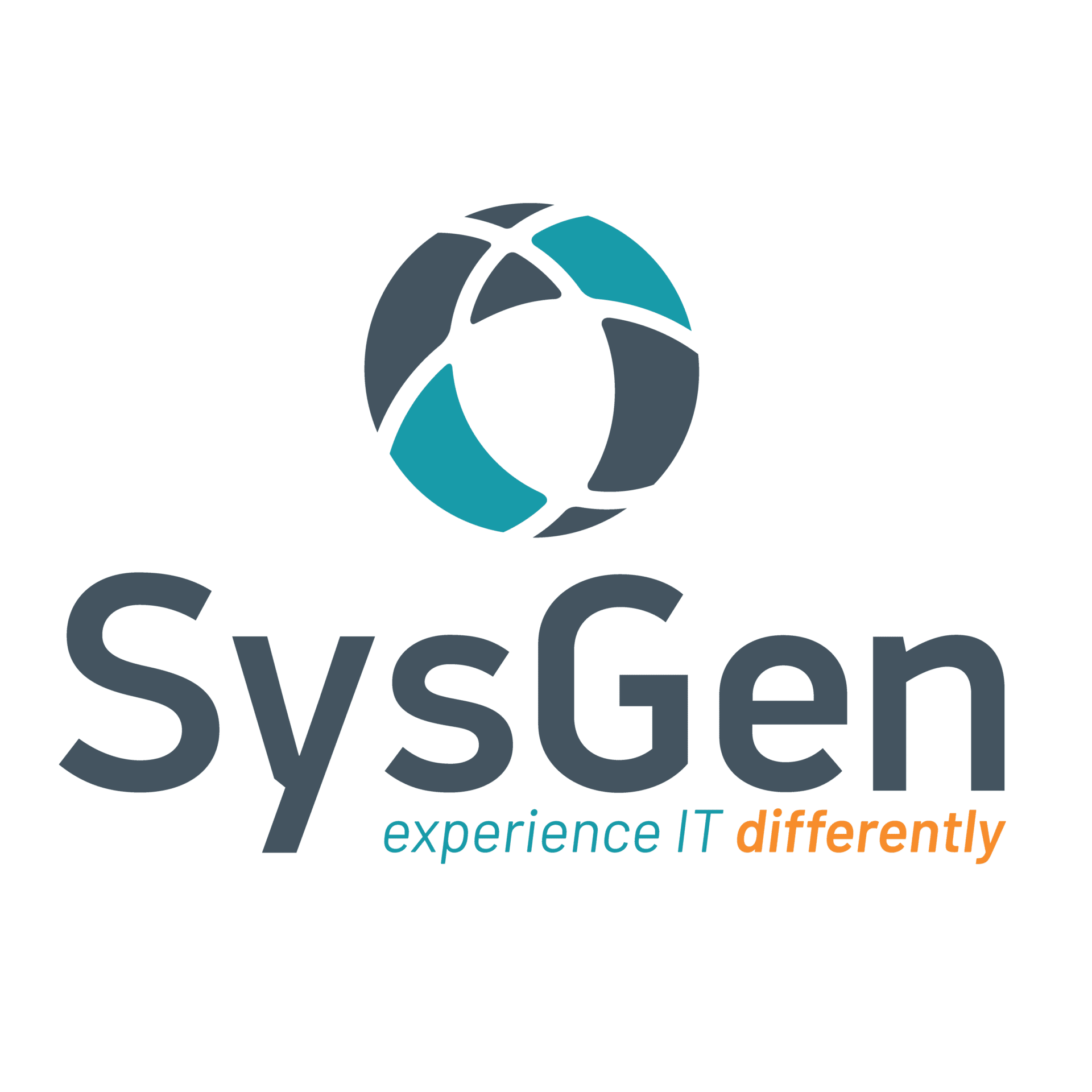Table of Contents
- Proactive IT Management: Outsourcing for Better Monitoring and Performance
- The Importance of Proactive Monitoring in IT Management
- What are the Benefits of Outsourcing IT Services?
- How Does Outsourcing Your IT Services Reduce Downtime?
- How Do You Choose the Right IT Outsourcing Partner?
- Challenges and Solutions in IT Outsourcing
- Latest Trends in IT Outsourcing
- Legal and Ethical Considerations
- Key Takeaways
Proactive IT Management: Outsourcing for Better Monitoring and Performance
Proactive IT management is a strategic approach that focuses on the anticipation and prevention of IT issues before they occur. It involves continuous monitoring, maintenance, and optimization of IT systems to ensure they remain secure, efficient, and reliable. Rather than waiting for problems to arise and then addressing them reactively, proactive IT management seeks to identify potential issues and address them preemptively. This approach not only minimizes downtime and disruptions but also enhances the overall performance and reliability of IT infrastructure.
IT outsourcing, on the other hand, is the practice of hiring external service providers to handle various IT functions. This can include everything from infrastructure management and cybersecurity to software development and help desk support. By outsourcing IT services, companies can leverage the expertise and resources of specialized providers, often leading to cost savings, access to advanced technology, and improved service quality. Combining proactive IT management with outsourcing can offer businesses a powerful strategy for maintaining robust and resilient IT systems.
The Importance of Proactive Monitoring in IT Management
Proactive monitoring is a cornerstone of effective IT management. It involves the continuous observation and analysis of IT systems to detect anomalies, performance issues, and potential security threats. By implementing proactive monitoring, organizations can prevent IT issues from escalating into significant problems that disrupt operations.
Ensuring Early Detection
One of the primary functions of proactive monitoring is to provide early warnings of potential problems. For example, if a server’s performance starts to decline, monitoring tools can alert IT staff to investigate and resolve the issue before it affects users. This early detection allows for timely interventions, reducing the risk of downtime and ensuring that IT systems remain operational and efficient.
Identifying Trends and Patterns
Proactive management also enables IT teams to identify trends and patterns that might indicate underlying issues. For instance, consistent network slowdowns at certain times of the day could point to bandwidth bottlenecks that need addressing. By analyzing these trends, IT managers can implement targeted improvements to enhance performance and prevent future problems.
What are the Benefits of Outsourcing IT Services?
Outsourcing IT services offers a myriad of benefits that can significantly enhance a business’s operations, security, and overall efficiency. From cost savings and access to advanced technology to improved focus on core functions and enhanced innovation, outsourcing provides a strategic advantage that helps businesses thrive in a competitive landscape. Here are the key benefits in more detail:
Cost Savings
One of the primary benefits of outsourcing IT services is the significant cost savings it provides. By outsourcing, companies can avoid the high expenses associated with hiring, training, and maintaining an in-house IT team. This includes salaries, benefits, and other employment costs.
Additionally, outsourcing eliminates the need for companies to invest in expensive IT infrastructure, software, and ongoing maintenance. Instead, businesses pay for the services they need on a flexible, scalable basis, allowing them to allocate resources more efficiently and reduce overall operational costs.
Access to Advanced Technology
IT providers often have access to the latest tools, technologies, and expertise that may be beyond the reach of individual companies. These providers stay up-to-date with industry advancements and best practices, ensuring that their clients benefit from cutting-edge solutions without the need for significant capital investment. This access allows businesses to leverage the most advanced technologies available, enhancing their competitive edge and operational efficiency.
Enhanced Focus on Core Business Functions
Outsourcing IT allows companies to focus on their core business activities rather than being bogged down by IT-related issues. By delegating IT functions to specialized providers, businesses can concentrate on:
- Strategic initiatives
- Product development
- Customer service
- Other essential areas
This enhanced focus can lead to increased productivity, better customer satisfaction, and overall business growth.
Improved Security and Compliance
IT service providers typically offer robust security measures to protect their clients’ data and systems. These providers have specialized knowledge and tools to implement comprehensive security protocols, detect vulnerabilities, and respond to threats quickly.
Further, IT providers ensure compliance with industry standards and regulations, which can be complex and time-consuming for businesses to manage on their own. By outsourcing, companies can mitigate the risks of data breaches and non-compliance, safeguard their sensitive information, and maintain their reputation.
Scalability and Flexibility
Outsourcing IT services provides businesses with the scalability and flexibility needed to adapt to changing demands. Whether a company experiences rapid growth or seasonal fluctuations, IT service providers can scale their services up or down accordingly. This flexibility ensures that businesses have the right level of support and resources at all times, without the need for permanent adjustments to their in-house team.
Access to Skilled Expertise
Outsourcing grants businesses access to a pool of skilled IT professionals with diverse expertise. These professionals bring a wealth of experience and specialized knowledge to address a wide range of IT challenges.
Whether it’s cybersecurity, cloud computing, network management, or software development, outsourcing providers have the expertise to deliver high-quality solutions tailored to the specific needs of their clients.
Enhanced Innovation and Agility
By outsourcing IT services, businesses can enhance their ability to innovate and respond quickly to market changes. Due to their skilled expertise, IT providers can implement new technologies and processes more rapidly, enabling companies to stay ahead of competitors and adapt to evolving industry trends.
This agility is crucial in today’s fast-paced business environment, where staying current with technological advancements can significantly improve long-term success.
Consistent and Comprehensive Monitoring
IT service providers typically offer round-the-clock monitoring and support, ensuring that any issues are detected and addressed promptly. This level of vigilance is often difficult to achieve with in-house teams, especially for small and medium-sized businesses with limited resources. Continuous monitoring helps prevent potential problems from escalating into major disruptions, maintaining the smooth operation of IT systems and minimizing downtime.
Risk Management
Outsourcing IT services can help businesses manage and mitigate risks more effectively. IT providers are well-versed in risk management strategies and have contingency plans in place to address potential disruptions. By partnering with an experienced provider, businesses can benefit from proactive risk assessment and management, ensuring that their IT infrastructure remains resilient and reliable.
Focused and Efficient Resource Allocation
Outsourcing allows businesses to allocate their internal resources more effectively. By offloading IT functions to external providers, companies can ensure that their internal teams are focused on high-value tasks and strategic initiatives. This efficient allocation of resources leads to better overall performance and helps companies achieve their business objectives more effectively.
How Does Outsourcing Your IT Services Reduce Downtime?
Proactive management plays a crucial role in minimizing downtime. Outsourced IT providers use advanced monitoring tools to continuously track system performance and detect potential issues before they cause disruptions. For example, if a server starts to show signs of failing, the IT provider can take preventive measures, such as migrating workloads to other servers or performing maintenance to avoid a complete failure.
Moreover, outsourced IT providers often have specialized expertise and experience in handling various IT challenges. This expertise enables them to diagnose and resolve issues quickly, reducing the time it takes to restore normal operations. Their familiarity with best practices and industry standards also ensures that solutions are effective and reliable.
Should I Be Worried About Downtime?
Downtime can significantly impact businesses, leading to lost revenue, decreased productivity, and reputational damage. Without a robust IT team or outsourced provider, your business may struggle to effectively address and mitigate issues due to the complexity of existing systems.
How Do You Choose the Right IT Outsourcing Partner?
Selecting the right IT outsourcing partner is critical to the success of your outsourcing strategy. Several key factors should be considered when choosing a provider to ensure they can meet your needs and deliver proactive IT solutions.
- Evaluate the provider’s expertise and experience. Choose a provider with a proven track record in your industry and a deep understanding of your specific IT requirements.
- Review references and case studies to gauge their performance and client satisfaction.
- Confirm that the provider offers comprehensive monitoring and maintenance services. They should have the necessary tools and processes to identify and address issues proactively.
- Inquire about their approach to problem-solving and their response times for different types of incidents.
- Assess the provider’s ability to offer scalable solutions. Your IT needs may change over time, so it’s important to choose a partner who can scale their services to match your evolving requirements. This flexibility ensures that you can continue to benefit from their expertise as your business grows.
- Consider the provider’s communication and support structure. Effective communication is essential for a successful outsourcing relationship, so choose a provider who offers clear, regular updates and maintains open lines of communication.
- Additionally, ensure they provide robust support, including 24/7 availability if needed.
Challenges and Solutions in IT Outsourcing
While IT outsourcing offers numerous benefits, it also presents certain challenges that companies must address to ensure a successful partnership. Common challenges include communication barriers, quality control, and managing a remote workforce.
Communication
- Challenge: Communication barriers can arise due to differences in time zones, language, and cultural norms.
- Solution: To mitigate these challenges, establish clear communication protocols and use collaboration tools to facilitate regular interactions. Scheduling regular meetings and check-ins can help ensure that both parties are aligned and any issues are promptly addressed.
Quality Assurance
- Challenge: Quality control is another potential challenge, as it can be difficult to ensure that outsourced services meet the desired standards.
- Solution: Implementing robust quality assurance processes, including regular audits and performance reviews, can help maintain high service levels. Define clear metrics and expectations at the outset and hold the provider accountable for meeting them.
Managing an Outsourced Team
- Challenge: Managing a remote workforce requires effective tools and strategies to ensure productivity and collaboration.
- Solution: Utilize project management and communication tools to track progress and keep teams connected. Establish clear roles and responsibilities, and provide training and support to help remote workers succeed.
Latest Trends in IT Outsourcing
The IT outsourcing industry is continually evolving, driven by advancements in technology and changes in the global business landscape. Several emerging trends are shaping the future of IT outsourcing, presenting new opportunities and challenges for businesses.
AI and ML
One significant trend is the rise of artificial intelligence (AI) and machine learning (ML) in outsourced services. AI and ML technologies are being integrated into various IT functions, from cybersecurity and data analytics to customer support and process automation. These technologies enable more efficient and effective solutions, enhancing the value of outsourced services.
Cybersecurity
Another trend is the increasing focus on cybersecurity. As cyber threats become more sophisticated, businesses are turning to outsourced providers for advanced security solutions. These providers offer specialized expertise and tools to protect against threats and ensure compliance with data protection regulations.
Legal and Ethical Considerations
IT outsourcing involves several legal and ethical considerations that businesses must address to ensure compliance and maintain ethical standards. Key legal issues include:
- Data protection laws, such as the General Data Protection Regulation (GDPR) in the European Union, impose strict requirements on how personal data is handled and stored. When outsourcing IT services, companies must ensure that their providers comply with relevant data protection regulations and implement appropriate security measures to protect sensitive information.
- Intellectual property rights are another important consideration. Companies must ensure that their intellectual property is safeguarded when working with external providers. Clear contractual agreements should define ownership and usage rights for any developed software, data, or other intellectual property.
- Outsourcing should not lead to a decline in service quality. Companies have an ethical responsibility to ensure that their customers continue to receive high-quality services. When problems arise, accountability mechanisms must be in place to verify concerns related to the IT service provider.
Key Takeaways
- Outsourcing IT management offers numerous benefits, including cost savings, access to advanced technology, and improved monitoring and performance.
- By leveraging proactive IT management and outsourcing, businesses can enhance the reliability and efficiency of their IT systems, reduce downtime, and focus on their core competencies.
- Choosing the right IT outsourcing partner is critical to realizing these benefits. Companies should evaluate potential providers based on their expertise, proactive capabilities, scalability, and communication structure.
- Addressing common challenges and staying informed about emerging trends can further enhance the success of outsourcing initiatives.
- Proactive IT management, combined with strategic outsourcing, can provide a robust foundation for maintaining secure, efficient, and high-performing IT systems.
Are you looking for a trusted and experienced provider to outsource your IT service needs? SysGen can help. Reach out to us today to learn more.
Get in touch with our team today!



